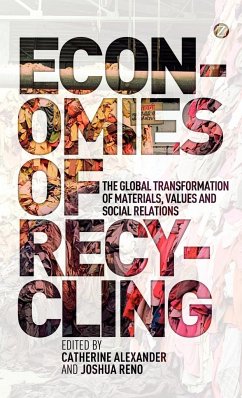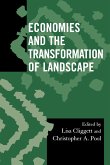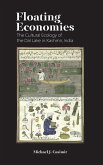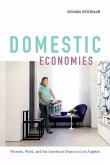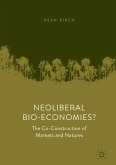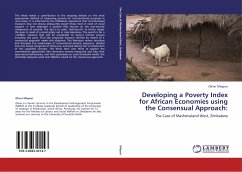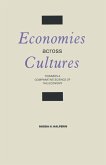For some, recycling is a big business; for others a moralised way of engaging with the world. But, for many, this is a dangerous way of earning a living. With scrap now being the largest export category from the US to China, the sheer scale of this global trade has not yet been clearly identified or analysed. Combining fine-grained ethnographic analysis with overviews of international material flows, Economies of Recycling radically changes the way we understand global and local economies as well as the new social relations and identities created by recycling processes. Following global material chains, this groundbreaking book reveals astonishing connections between persons, households, cities and global regions as objects are reworked, taken to pieces and traded. With case studies from Africa, Latin America, South Asia, China, the former Soviet Union, North America and Europe, Economies of Recycling shows how marginal economies are producing new social collectives and projects around local and global decay, often with waste labour bringing high monetary reward as well as danger. Replacing the persistent notion of globally peripheral countries being ransacked for raw materials, which are then transformed into valuable commodities in the North, this timely collection debunks common linear understandings of production, exchange and consumption and argues for a complete re-evaluation of North-South economic relationships.

